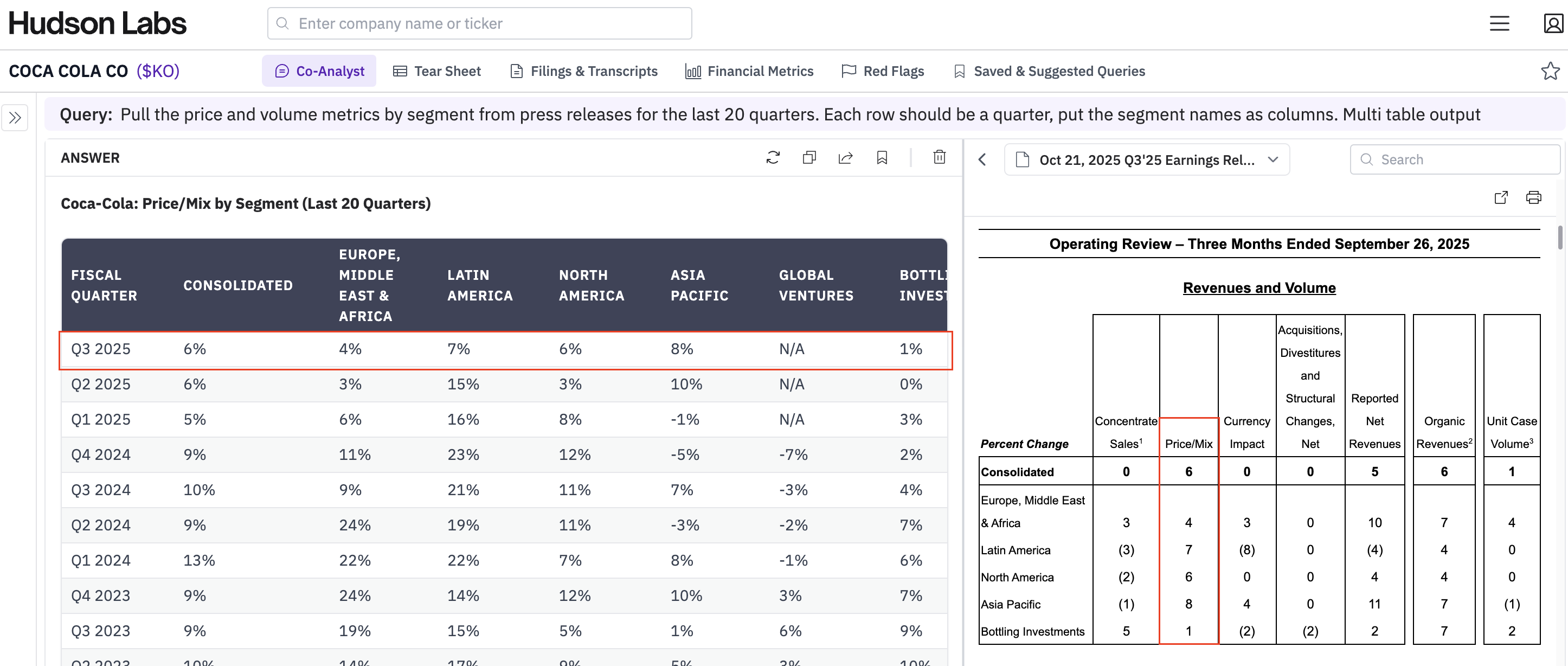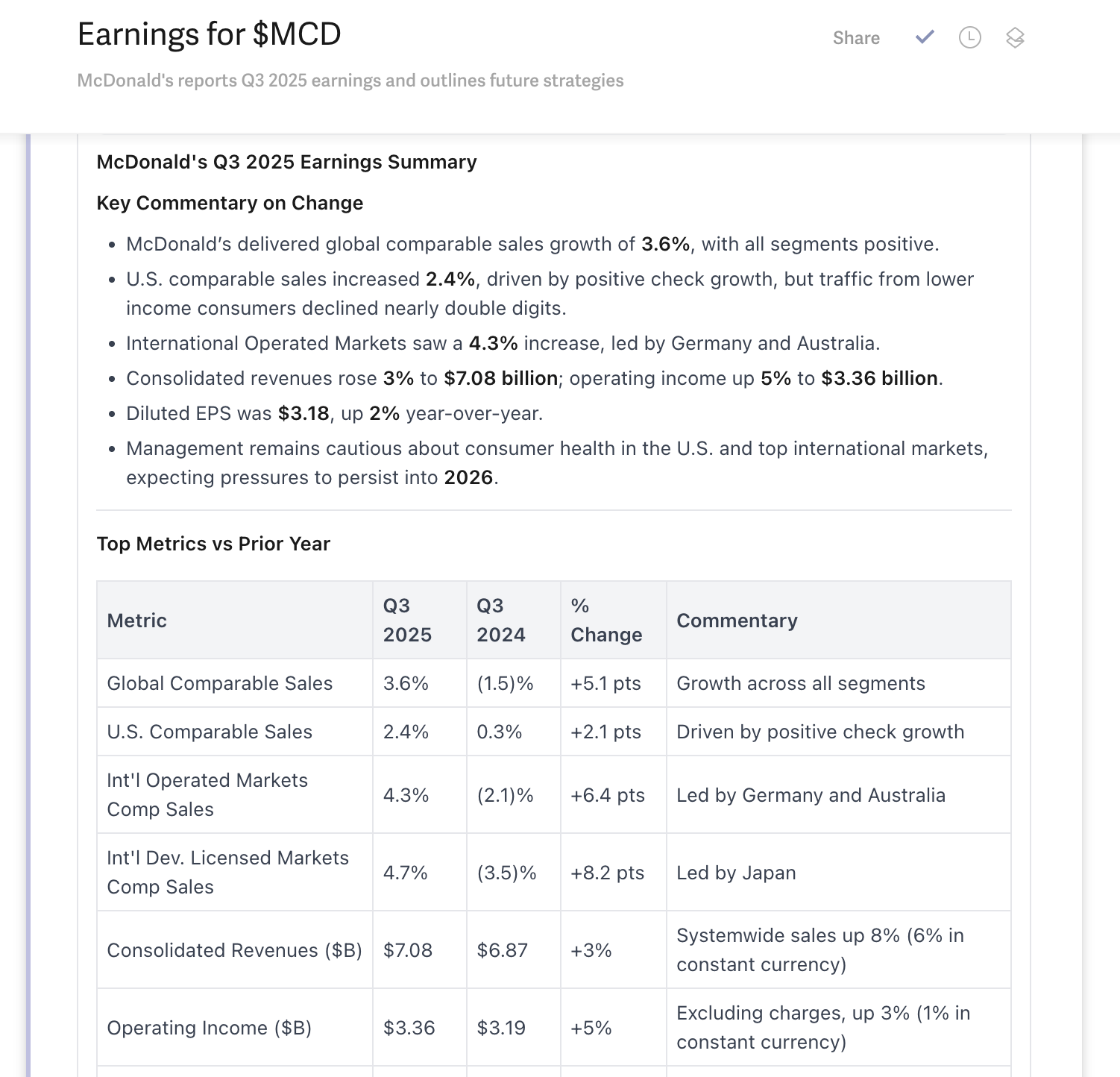META, TGT, UAA and others have been asked to defend climate disclosure choices
For the first time ever, the SEC is asking issuers to explain differences in climate disclosure in their Corporate Sustainability Report (CSR) report or website and their 10-K regulatory filings.
15 climate-related SEC letters have been made public since February 14th, in an unprecedented move by the SEC.
There’s been much talk of the SEC mandating ESG disclosure. So far, little has happened. Prior to the 14th, SEC commentary on climate disclosure was mostly relegated to condemning greenwashing. For instance, the SEC objected to language disclosed by Allbirds and Stronghold Digital Mining. The Allbirds and Stronghold ESG disclosure sagas are discussed here.
The recent SEC issuer correspondence raises questions about how materiality is assessed in the context of climate disclosure and the future of ESG reporting.
The newly public SEC comment letters are not a surprise. In September 2021, the SEC published this form letter but up until now, we had never seen the letter in action. Since February 14th, an explosion of such SEC comment letters have been made public. The following companies were asked to advise, “what consideration you gave to providing the same type of climate-related disclosure in your SEC filings as you provided in your CSR report”:
META PLATFORMS INC (FB), CISCO SYSTEMS INC (CSCO), CINTAS CORP (CTAS), TARGET CORP (TGT), MONSTER BEVERAGE CORP (MNST), MATSON INC (MATX), PALO ALTO NETWORKS INC (PANW), UNDER ARMOUR INC (UAA), STEEL DYNAMICS INC ($STLD), PROGRESSIVE CORP (PGR), STANLEY BLACK & DECKER INC (SWK), and HONDA MOTOR CO LTD (HMC)
The following issuers were asked about differences in climate disclosure in their 10-K vs. information on their website or elsewhere:
SCHWAB CHARLES CORP (SCHW), DISCOVER FINANCIAL SERVICES (DFS), and SNAP-ON INC (SNA)
A disconnect between public commitments and dollars spent
Most company responses to the SEC maintain that…
- They are committed to fighting climate change, but
- Climate-related costs are immaterial.
The question then becomes, does a commitment to fighting climate change require significant capital expenditure, or can it be reasonably achieved through small scale operational changes? Is there a disconnect between public statements and what is happening behind the scenes?
Money that was spent on climate-related projects generally fell into the category of operational efficiency projects that would have been completed regardless of the climate impact.
Sample public statements:

Sample capital expenditure details disclosed in issuer responses to SEC letters:

These SEC letters may serve as a disincentive for greenwashing. If touting sustainability projects on your website and other reports results in increased scrutiny from the SEC, companies may put more thought into how they present their CSR projects.
Materiality & climate change
When and why do climate risks become important to investors and stakeholders? Lawyers, accountants and investment professionals have been grappling with the concept of materiality and climate risks for many years.
The issuer responses to the SEC letters provide a unique view into how issuers are thinking about this topic.
TLDR: Companies believe most climate disclosure is not material in the context of U.S. securities law.
Multiple issuers argued that while the information in their CSR report was material under the Global Reporting Initiative (GRI), it is not material in the context of U.S. securities law. Materiality and the current disclosure requirements related to climate are discussed in more detail in the SEC’s 2010 “Commission Guidance Regarding Disclosure Related to Climate Change”.
The SEC notes that “information is material if there is a substantial likelihood that a reasonable investor would consider it important in deciding how to vote or make an investment decision….”
Given the increased interest in sustainability/climate on the part of investors, it may become increasingly difficult to argue that climate concerns don’t impact how investors vote and make decisions.
Select issuer commentary on materiality
Meta Platforms:
“…information that is of interest to a broad range of the Company’s stakeholders is distinguishable from information that is material as defined under Basic Inc. V. Levinson, 485 U.S. 224 (1988) or otherwise required to be disclosed in its SEC filings under U.S. securities laws and regulations, including the Form 10-K.”
https://www.sec.gov/Archives/edgar/data/1326801/000095010321017392/filename1.htm
Target:
“It also clarifies that, for purposes of the CR Report, we use the Global Reporting Initiative’s definition of materiality, which differs from the definition used for SEC filings. As a result, issues deemed material for purposes of the CR Report may not be considered material for SEC reporting purposes.”
https://www.sec.gov/Archives/edgar/data/27419/000002741921000028/filename1.htm
Under Armour:
“As noted in the 2017 Report, during the fiscal year ended December 31, 2014, the Company began a materiality assessment process aligned with the Global Reporting Initiative G4 framework (the “GRI framework”), which was a process distinct from materiality assessments for purposes of the federal securities laws and was still ongoing at the time the Company published the 2017 Report.”
“While the initiatives identified in the 2017 Report were strategically important to the Company’s overall sustainability program at the time the report was published, the Company did not and currently does not believe these initiatives rise to the level of materiality under the SEC’s rules, regulations and interpretive guidance noted above, either qualitatively or quantitatively.”
https://www.sec.gov/Archives/edgar/data/1336917/000119312521298920/filename1.htm
Palo Alto:
“The Company is providing this additional information not because it believes that such information is material; it is providing this additional information because it believes that corporations should be good stewards of the environment, even though climate change and environmental matters have not had a material impact on the Company’s business, financial condition or results of operations.”
https://www.sec.gov/Archives/edgar/data/1327567/000119312521293496/filename1.htm
Snap-On:
“In describing the various activities on our sustainability webpage, we do not suggest that these projects were undertaken primarily, or exclusively, for the purpose of addressing climate change, nor does our inclusion of an activity on the webpage imply that the cost of the project is material for SEC reporting purposes.”
https://www.sec.gov/Archives/edgar/data/91440/000009144021000026/filename1.htm
Here is Snap-On’s webpage on sustainability so you can judge their statements for yourself:
https://www.snapon.com/EN/Investors/Sustainability-Commitment
The Cost of Tracking Climate-Related Expenditures
Under Armour noted in their responses that they do not separately track climate-related expenditures. These SEC letters and responses expose the potential burden created by future requirements and/or guidance. Will public companies be required to track and disclose exact figures for climate-related spending? Will these figures be audited?
There is significant subjectivity in determining what is and what is not a climate-related cost. Given that it’s unlikely that climate spending disclosure will be comparable across issuers, at least in the absence of strict regulation and oversight, how much additional benefit will be obtained through mandating such disclosure?
The average 10-K is hundreds of pages long. Preparing securities filings already presents a substantial burden to public companies and a meaningful disincentive to going public. If few stakeholders are reading 10-Ks in detail now, will we benefit from adding more disclosure?
On the other hand, the demand for increased transparency and comparability is growing among investors. Will the SEC be able to balance the demand for more information with the additional cost to issuers?
What’s your take on climate disclosure? How much is the right amount of disclosure related to climate spending, risks and/or other KPIs? We look forward to hearing your thoughts in the comments section.
About us: Hudson Labs is a unique equity research portal. We extract red flags from SEC filings that are predictive of downside risk. Our institutional portal provides analysis of annual and quarterly statements, 8-Ks, prospectuses, SEC comment letters and more for over 7,000 tickers. We process filings and render analysis in real-time.
Quantamental research is transforming the way we invest and Bedrock AI lets you lead the way.
Connect with us on Twitter.








